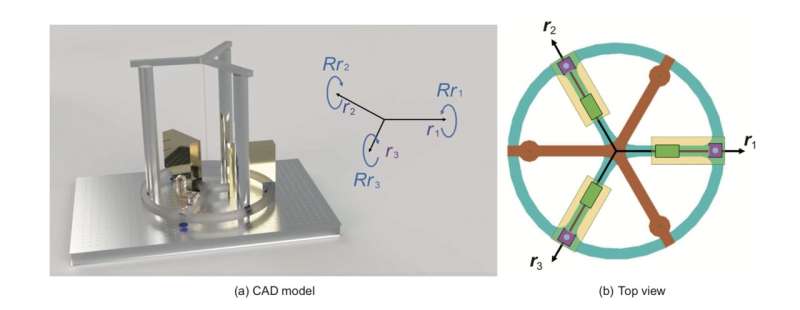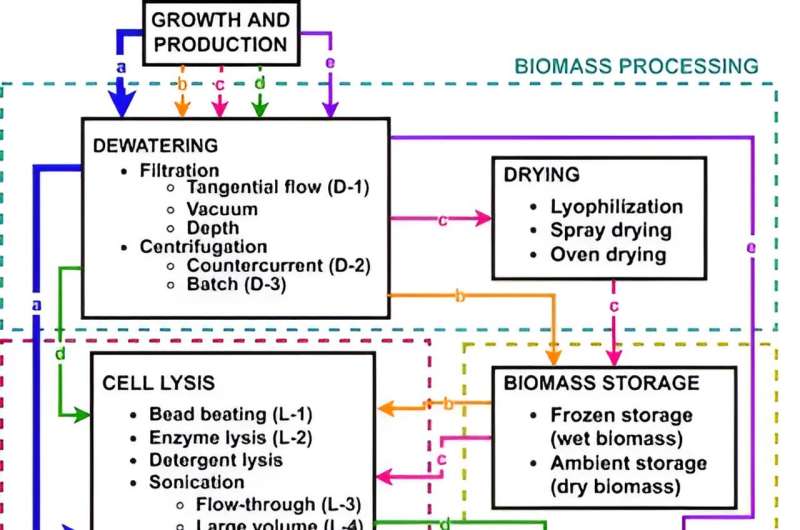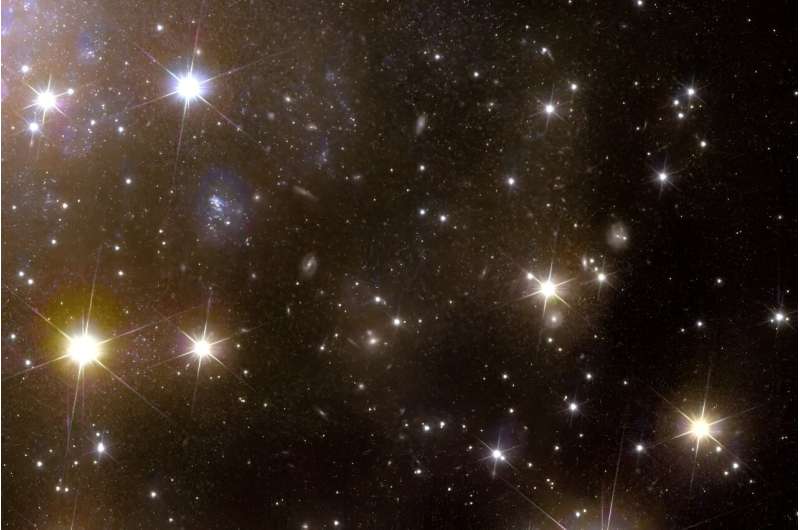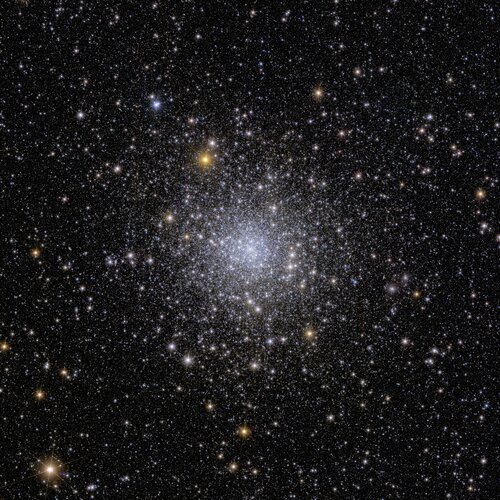
Copernical Team
Inspiring the Next Generation with Student Challenges and Learning Opportunities
 Creativity and curiosity are strongly tied to NASA's missions and vision. Many of the agency's public opportunities foster these traits by engaging students and educators. Participants of all ages and levels, from kindergarten to college, used their imaginations and enthusiasm to solve open innovation challenges related to science, technology, engineering, and mathematics (STEM) education in fis
Creativity and curiosity are strongly tied to NASA's missions and vision. Many of the agency's public opportunities foster these traits by engaging students and educators. Participants of all ages and levels, from kindergarten to college, used their imaginations and enthusiasm to solve open innovation challenges related to science, technology, engineering, and mathematics (STEM) education in fis Collaborating with Public Innovators to Accelerate Space Exploration
 With the successful launch and landing of Artemis I in 2022, NASA set the stage for a new era of space exploration. Together, NASA and its partners will lead humanity to the Moon and prepare for the next giant leap: human exploration of Mars.
To address the multitude of challenges that come with planning for this new era, NASA is calling on individuals and teams from the public to develop
With the successful launch and landing of Artemis I in 2022, NASA set the stage for a new era of space exploration. Together, NASA and its partners will lead humanity to the Moon and prepare for the next giant leap: human exploration of Mars.
To address the multitude of challenges that come with planning for this new era, NASA is calling on individuals and teams from the public to develop Pioneering satellite refueling technology could extend missions indefinitely
 In an ambitious move to address the escalating issue of space debris, the UK Space Agency has earmarked Pounds 2 million for research into satellite refueling capabilities that could significantly extend mission lifespans and curtail the proliferation of orbital debris.
The funding targets feasibility studies that will explore practical strategies for refueling a UK-led debris removal mis
In an ambitious move to address the escalating issue of space debris, the UK Space Agency has earmarked Pounds 2 million for research into satellite refueling capabilities that could significantly extend mission lifespans and curtail the proliferation of orbital debris.
The funding targets feasibility studies that will explore practical strategies for refueling a UK-led debris removal mis Euclid space telescope delivers first scientific images
 Euclid, ESA's newest space telescope with strong German participation, released its first colour photos from space today. Never before has a telescope been able to take such sharp astronomical images over such a large area of the sky while looking so deep into the distant universe. The five images show Euclid's full potential. They illustrate that the telescope is poised to produce the most comp
Euclid, ESA's newest space telescope with strong German participation, released its first colour photos from space today. Never before has a telescope been able to take such sharp astronomical images over such a large area of the sky while looking so deep into the distant universe. The five images show Euclid's full potential. They illustrate that the telescope is poised to produce the most comp Starlink mission brings SpaceX's orbital launch count to 80 missions so far in 2023
 Five minutes after midnight, a SpaceX Falcon 9 rocket soared into carrying 23 more Starlink V2 Mini satellites at 12:05 a.m. EST (0505 UTC) from Florida's Cape Canaveral Space Force Station Space Launch Complex 40 (SLC-40) on SpaceX's 80th launch of the year.
With upgraded phased array antennas, SpaceX's new Starlink V2 Mini satellite platform can communicate four times as much data as pre
Five minutes after midnight, a SpaceX Falcon 9 rocket soared into carrying 23 more Starlink V2 Mini satellites at 12:05 a.m. EST (0505 UTC) from Florida's Cape Canaveral Space Force Station Space Launch Complex 40 (SLC-40) on SpaceX's 80th launch of the year.
With upgraded phased array antennas, SpaceX's new Starlink V2 Mini satellite platform can communicate four times as much data as pre Detecting gravitational waves with an interferometric seismometer array on the lunar near side

Designing a space bioprocessing system to produce recombinant proteins

Glimpses of the 'galactic zoo': The five new Euclid images

The first images from Europe's Euclid space telescope released Tuesday range from a well-known nebula to never-before-seen galaxies 10 billion light years away, illustrating its wide-lens view of the universe.
Here are the five images—described by Euclid scientist Jean-Charles Cuillandre as "a range of objects from the galactic zoo in terms of diversity, colors and shapes"—starting with the closest to Earth and moving out into the cosmos.
Horsehead Nebula
A giant red horse seems to rear its head against a background of swirling stars, some still being formed in a stellar nursery.
The Horsehead Nebula—also known as Barnard 33—is 1,375 light years away.
The horse's head is in fact dark clouds in front of ultraviolet radiation coming from Sigma Orionis, which is the eastern star on the belt of the Orion constellation.
Euclid’s view of globular cluster NGC 6397

This sparkly image shows Euclid’s view on a globular cluster called NGC 6397. Globular clusters are collections of hundreds of thousands of stars held together by gravity.
Euclid’s view of irregular galaxy NGC 6822

